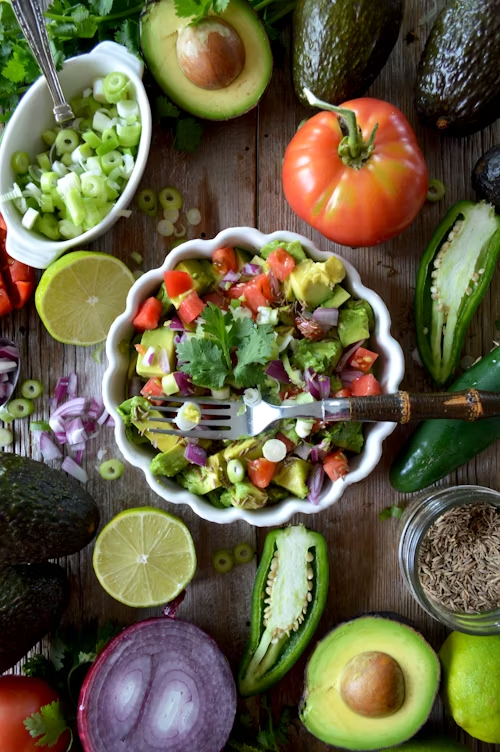From sunrise to sunset, no water or food for long hours. Then, breaking the fast at sunset, followed by one to two more meals before dawn. Meals during Ramadan are often more abundant and richer than usual, consumed at unusual hours of the night.
As the sacred month of Ramadan comes to an end with Eid al-Fitr, the celebration marking the end of the fasting period, many people wonder how to smoothly return to their daily eating habits. How can one make this transition without any hiccups and adopt behaviors that promote a healthy diet while avoiding post-Ramadan nutritional pitfalls?
To guide you in this process, Dr. CISSOKO, Nutritionist at Nestlé, provides some insights for a harmonious transition to a balanced diet after Ramadan.
Readjusting Your Digestive System without Rushing:
To avoid potential stomach discomfort, bloating, constipation, or diarrhea, it is recommended to opt for easily digestible foods. Fish is preferable to meat as it is lighter and easier to digest. Cooked vegetables with low fat content are also gentler on the digestive system compared to raw vegetables. Whole or semi-whole grains are rich in fiber and promote a healthy intestinal transit. Fully ripe fruits are also easier to digest than unripe ones.
Water, on the other hand, is your best ally for a smooth transition before returning to a normal diet. In addition to maintaining the body’s water balance, it plays an essential role in digestion by facilitating the process and helping eliminate toxins. Water remains the best beverage.
Lastly, prioritize small portions and take the time to chew your food well, which allows for better digestion and optimal nutrient absorption.
Opt for Gradual Changes, the Key to Dietary Rebalancing:
For a smooth transition after Ramadan, it is recommended to adopt a measured and thoughtful approach, whether in introducing different food groups or in the frequency and intensity of physical activities.
Light activities such as walking are particularly recommended at the beginning. They stimulate the body without subjecting it to excessive efforts. Over time, you can gradually increase the intensity of these physical activities according to your abilities. This gradual approach is the key to regaining dietary balance after Ramadan.
Avoiding Post-Ramadan Nutritional Pitfalls:
It is important to remain aware of potential nutritional pitfalls that could hinder a balanced diet.
- Excessive Sugar Intake: After a period of fasting, it can be tempting to indulge in excessive sweets and desserts. It is essential to limit the consumption of added sugar and prioritize natural sources of sugar, such as fruits.
- Excessive Portions: After fasting, it is common to want to compensate by eating larger portions. However, this can lead to overeating and calorie imbalance. It is important to maintain moderate portions and eat slowly to better feel satiety.
- Ensuring a Good Variety of Foods: After Ramadan, it is essential to maintain a balanced diet by ensuring the inclusion of a variety of foods to guarantee an adequate intake of essential nutrients. Make sure to include a wide range of fruits, vegetables, lean proteins, whole grains, and sources of healthy fats in your meals.
- Maintaining Proper Hydration: After a period of fasting, it is important to ensure adequate hydration. Make sure to drink enough water throughout the day to maintain good hydration. It is recommended to consume at least 2 liters of water per day.
- Being Mindful of Snacking: Prioritizing structured meals over snacking helps maintain a healthy weight and avoid unnecessary calorie intake.
- Listening to Your Body: Relearning to listen to hunger and satiety signals is a valuable skill to adjust your diet to your true needs.
- Planning to Avoid Slip-Ups: Anticipating and preparing meals is an effective strategy to stick to a balanced diet and avoid impulsive food choices.
The period following Ramadan is an opportune time to establish or reinforce healthy and sustainable eating habits. By taking conscious steps, each individual can make the most of this transition to nourish their body and mind. At Nestlé, we encourage and support this journey by offering a variety of products and tips to accompany you in your quest for a balanced diet.
SOURCE
Nestlé



